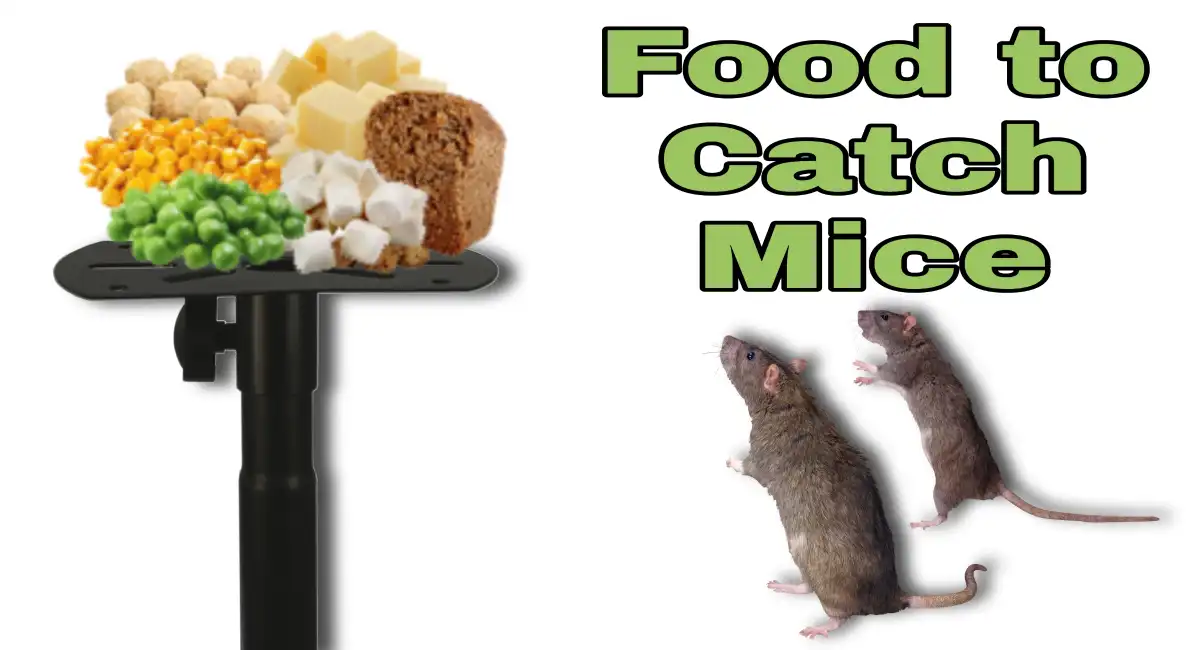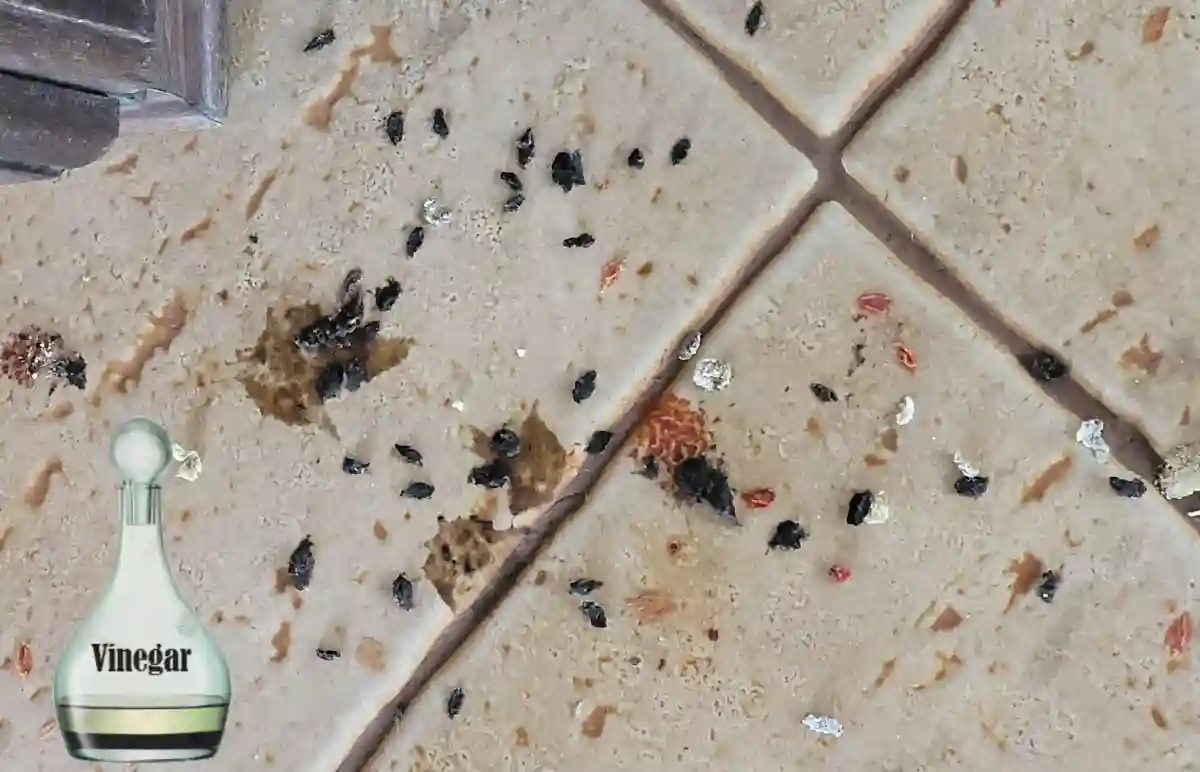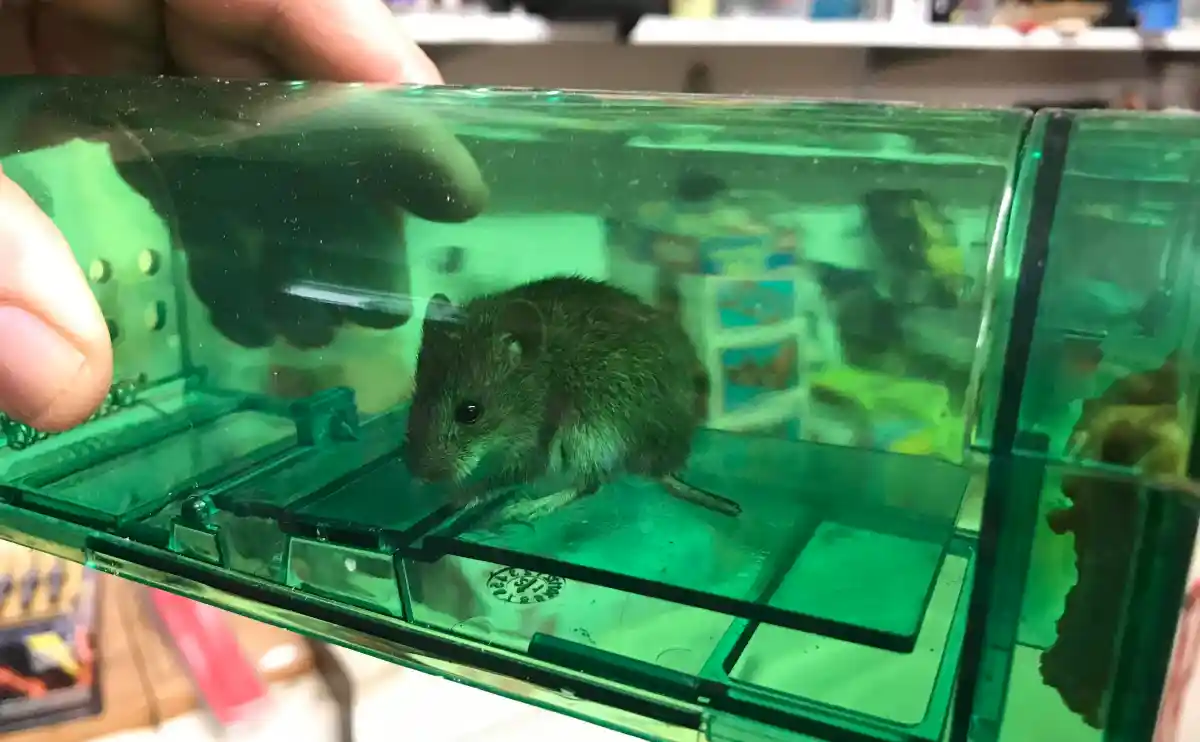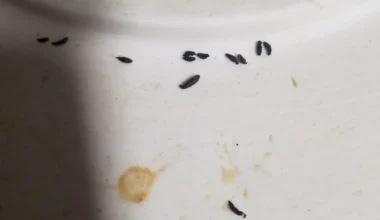I touched mouse poop with bare hands! Well, that had to be accidental, otherwise, it’s not okay to do so. Meanwhile, mouse poop is usually an indication of an infestation, so you want to worry about that too.
You don’t have to see a mouse sneaking around your house to know you have one or more of them lurking around. The insinuation is that mouse droppings are also a sign of an infestation, depending on the quantity and poop age. Advisably, you should call professional exterminators to inspect your property and humanely get rid of the mouse to prevent your further encounter with their droppings and other evidence.
I touched mouse poop with bare hands
You can become infected with Hantavirus when you touch mouse poop/droppings, nesting materials, or even its urine and then touch your eyes, nose, or mouth (if the poop contains the virus), according to the Center for Disease and Control.
If you’ve just touched mouse poop with your bare hands, wash your hands with soap and warm water or use a disinfectant. If you’ve accidentally touched your nose, mouth, or eyes, see your doctor immediately.
Moreover, merely stirring into the air mouse poop that contains hantavirus and breathing in can result in the virus infection. This is one reason why you should never vacuum mouse droppings while cleaning.
What does mouse poop look like?
Mouse poop typically looks like small dark brown or black granular pellets. On average, an adult mouse will poop pellets about a 1/4 inch. Mouse poop has pointed ends similar to small dark grains of rice or seeds. The pellets start black and eventually lose color.
The mouse droppings could also be a sign of an active infestation and also tell the size of the mouse lurking around in your home or workspace.
Moreover, little amount of poop could mean you have only one mouse. Normally, mice can leave up to 50 to 75 droppings (pellets) each day. If you accidentally handled a single or a few pellets, it could mean just one mouse or a little more are around.
If the poop you touched with bare hands is soft, the mouse recently dropped that and could be nesting around. If the mouse feces is harder, it’s an older dropping. This could also mean an infestation took place long ago.
Is it mouse or cockroach poop?
There are many visual similarities between the poop of cockroaches and that of mice, and people sometimes mistake one for the other. Usually, the droppings from larger roaches contain ridges running the length of the feces—tip to tip. Just like mouse poop, roach poop is cylindrical, and could be black or brown, depending on the species.
However, mouse poop has short hairs and tends to be larger. Note that it’s cockroach poop if there’s a smear on the wall.
The average size of mice poop is similar to a grain of rice and is usually brown or black. They can be spindle-shaped, fat in the middle and tapered to a point, and dropped in piles. If you give it a closer look, you’d notice they bend in an arch form most times.
Do you have an active infestation?
If you have an active mice infestation, you’d notice the droppings look fresh and have a wet look to them, making them shiny. Droppings that look dusty, moldy, grayish, and crumble when squished are older droppings that suggest a long-standing infestation.
Thus, you should be able to determine if mice are still active in your home following the age of the poop. Whatever the situation, consider calling professionals to remove the poop and mouse itself.
Meanwhile, there are some common places you should check for other possible mice poops. Your kitchen is a common place for nice poop storage since it provides an unlimited source of food for them. You should inspect your cabinets, counters, and pantry. Don’t leave out your kitchen sink, food boxes, and the back of your silverware drawer.
If you had food present at one time or the other in your bedroom, or you store extra food, suet, or bird food, in places like attics, basements, or garages, there could be mouse poop in those areas.
Cleaning mouse poop
While preparing to remove the mouse poop, take sweeping and vacuuming off the to-do list. You do not want to also touch to avoid getting ill. Again, mouse poop, urine, and saliva of mice can infect you if they contain the virus.
To clean mouse poop, do the following:
- Wear plastic or rubber gloves.
- Soak the poop wet for up to 5 minutes by spraying a mixture of bleach and water or a disinfectant on the mouse poop. Note that vinegar is not an effective mouse poop disinfectant.
- Use a paper towel or any disposable fabric to wipe poop.
- Mop or sponge the affected area with a bleach solution or disinfectant.
- Leave the poops in a zip lock or sealable bag and dispose of them in the trash.
- Before taking off the gloves, spray them with a bleach solution or disinfectant, or wash your gloved hands with soap and water.
- Take off the gloves and wash your bare hands.
Again, never vacuum or sweep mouse poop to prevent the release of airborne particles into the air. Do not also underestimate the importance of wearing a mask and having your hands covered completely with long sleeves and rubber gloves before cleaning the poop.
Finally clean by applying bleach to the affected area. Dispose of whatever you use to pick the wet poop and wash your hands thoroughly after that.
Contact your local pest exterminator
Mice poop and urine are harmful and will cause you to become ill when they contaminate your utensils and food storage areas.
Do not treat mice poop and possibly mice infestation carelessly without protecting yourself with recommended PPE (Personal Protective Equipment).
With the pros, the mouse poop can be traced across the entire property, and mice hideouts humanely removed to eliminate any chance of handling mouse poop with your bare hands in the future. Finally, a professional exterminator will attempt to put up measures to prevent future infestation, including sealing entry points in your home and advising you on what to and not to do to keep mice at bay.
Meanwhile, if mouse feces accidentally entered your mouth, make sure to see your doctor ASAP.





